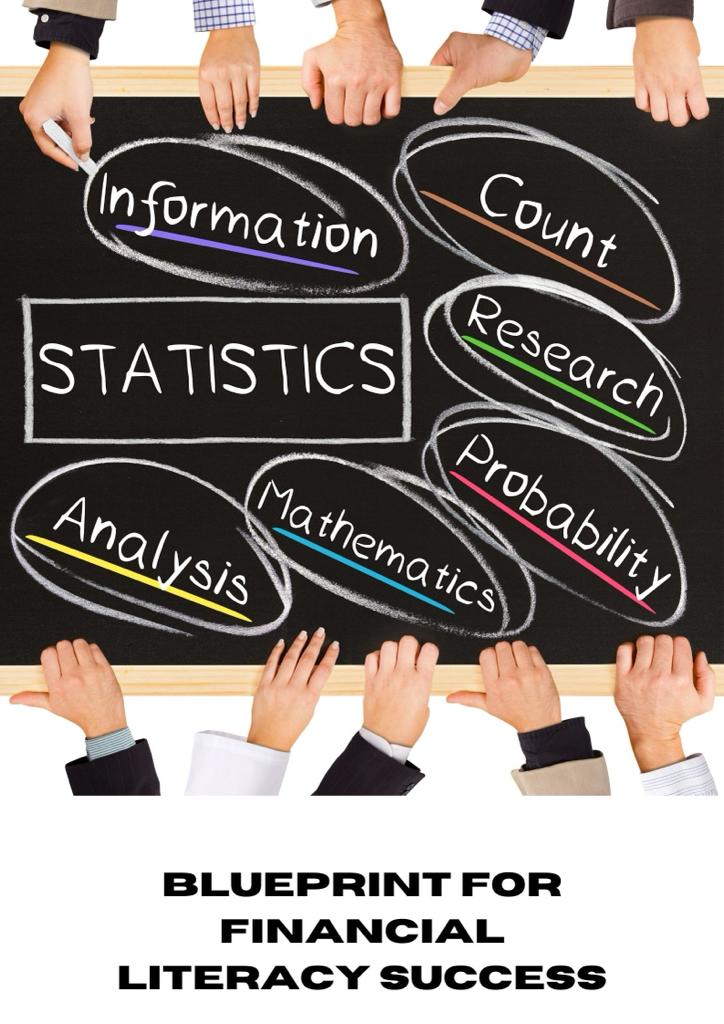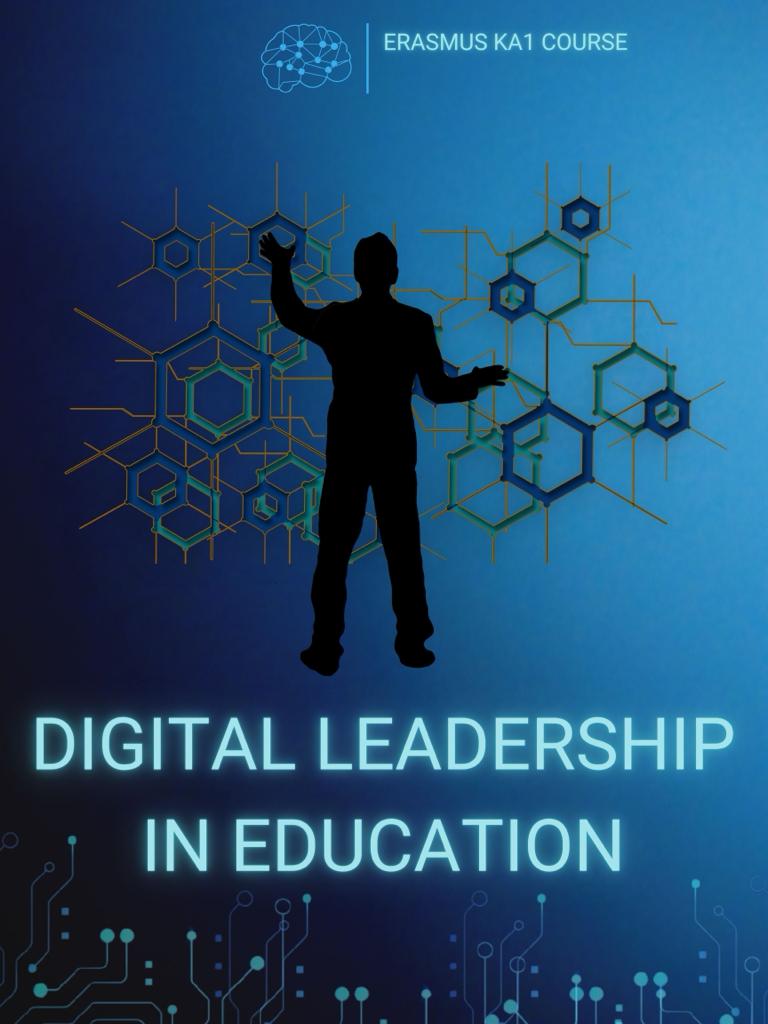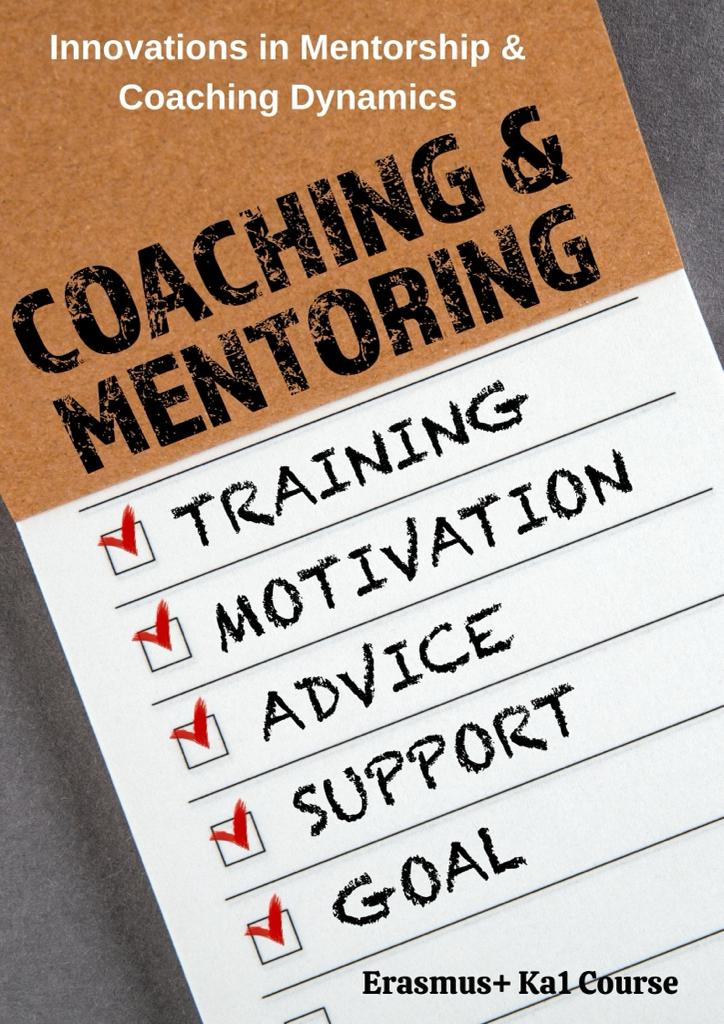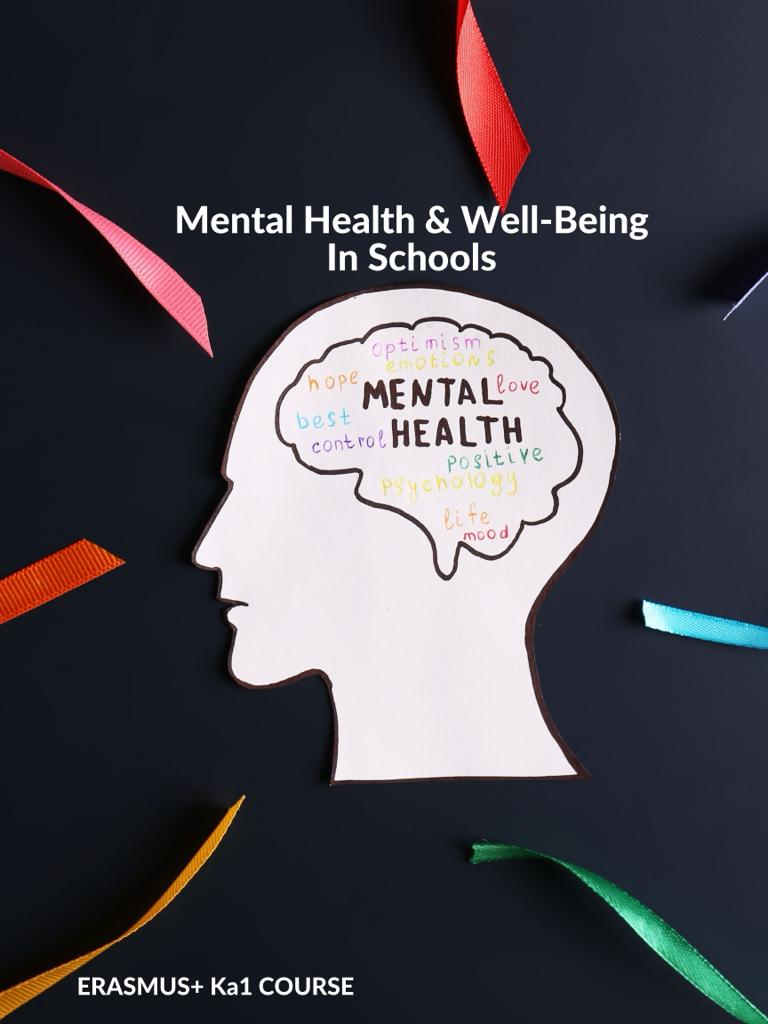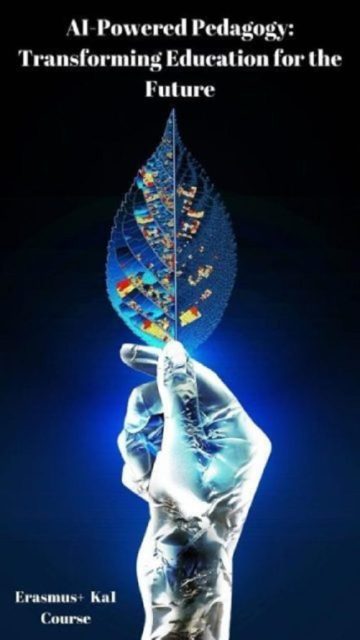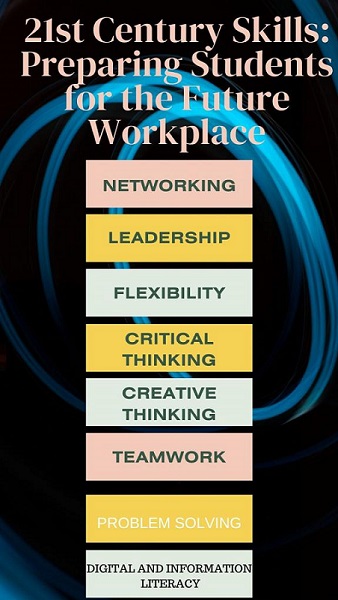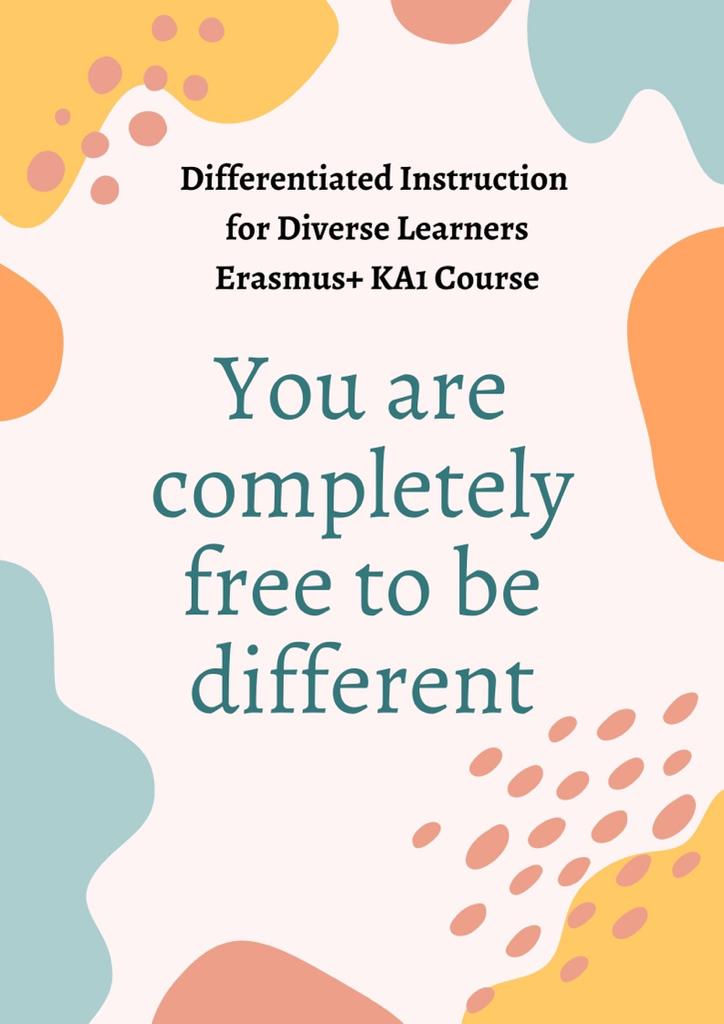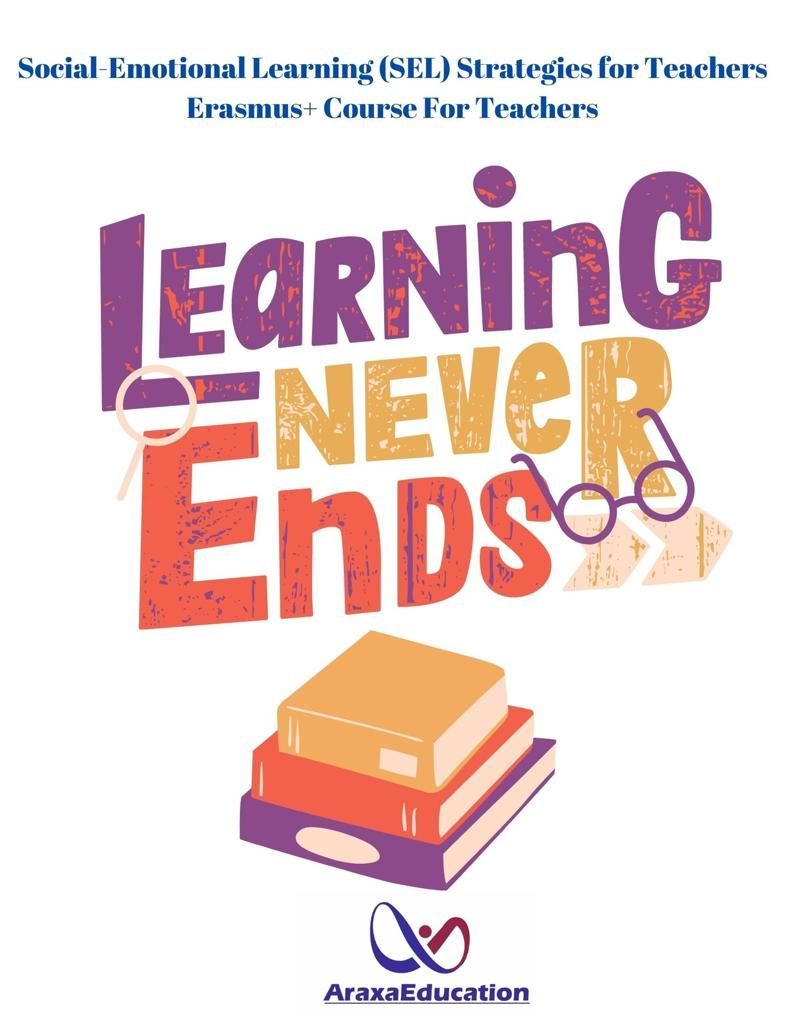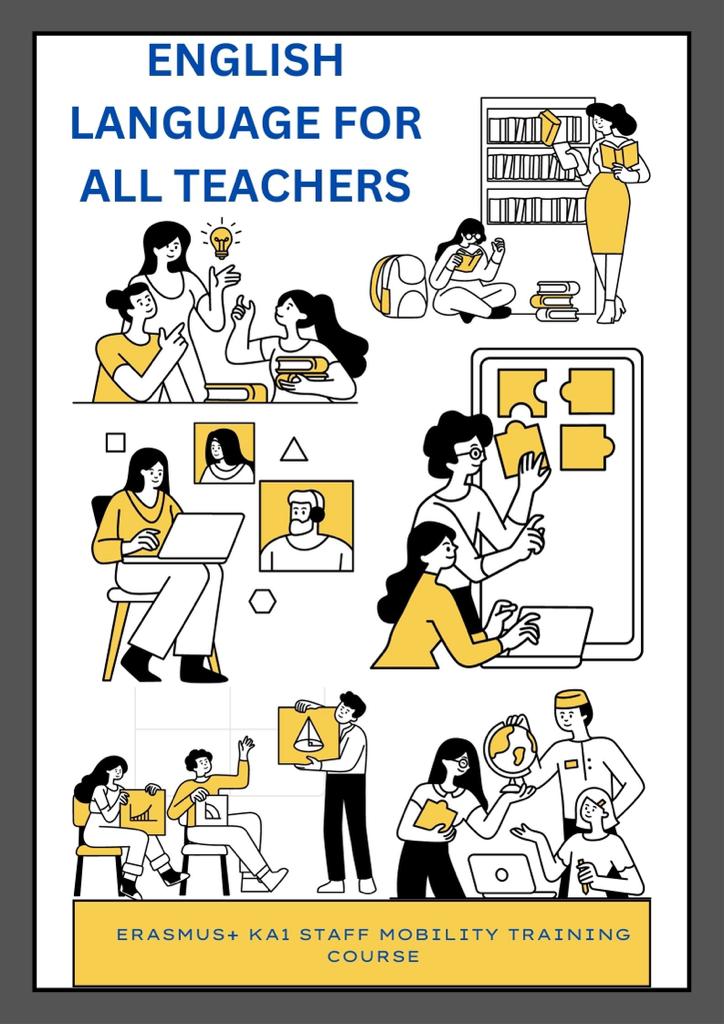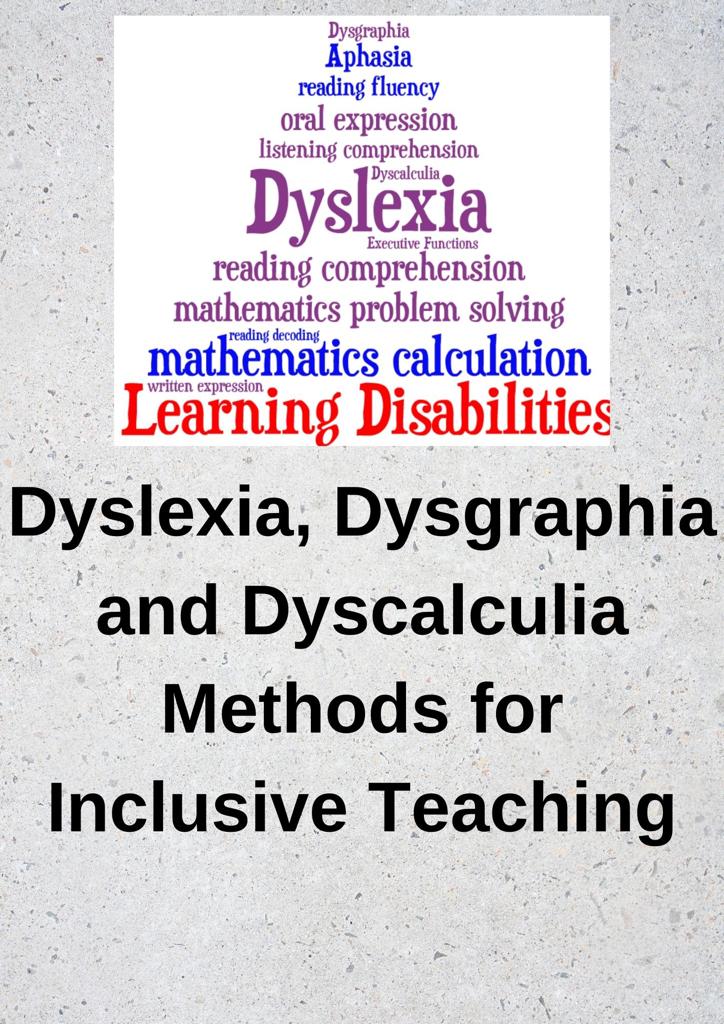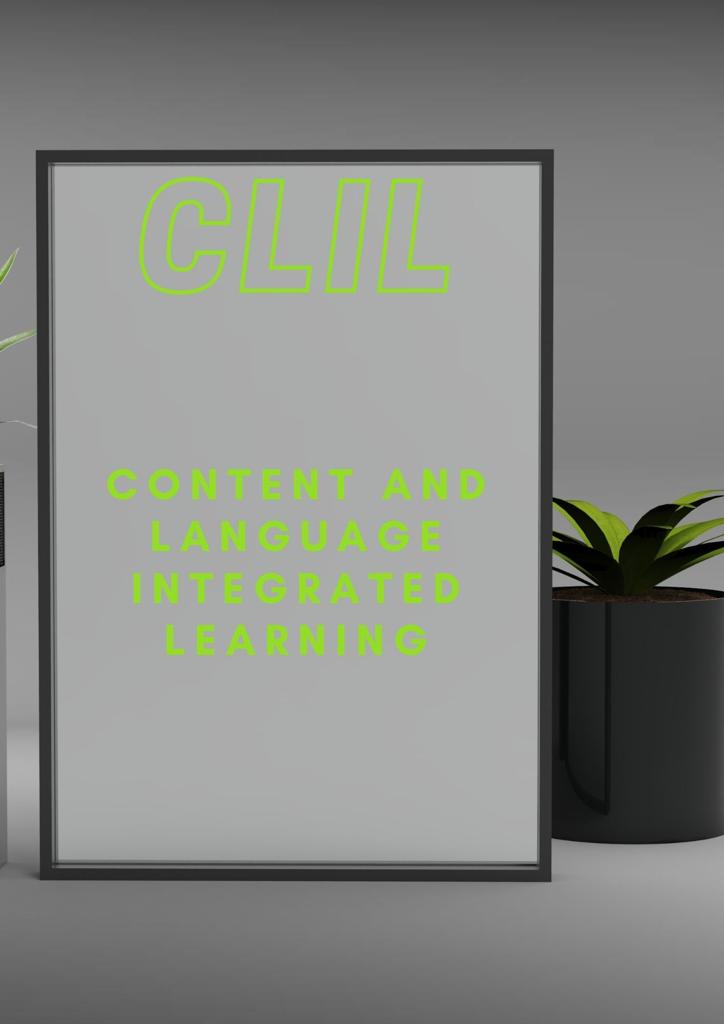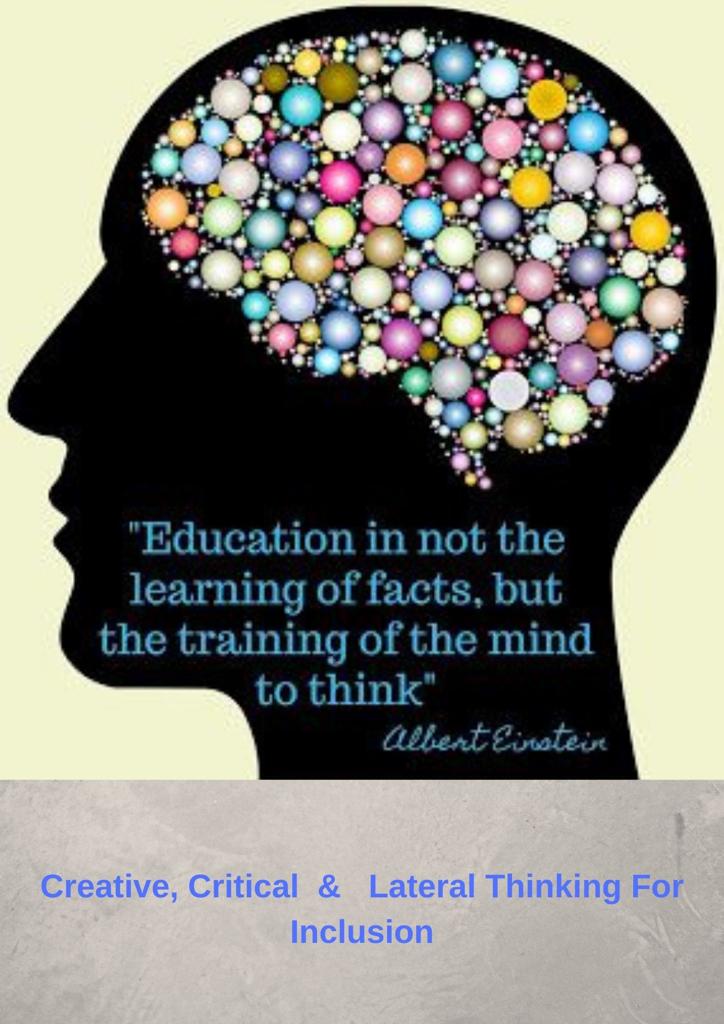| Course Description | The inclusiveness approach in education has a long history.
This concept, which was previously seen as an educational approach for individuals with disabilities or special education needs, has now expanded to include all disadvantaged groups and has gained the meaning of ensuring equal access to social, cultural, educational, and vital activities and opportunities for all individuals. The inclusive education application is aimed to supporting the personal and professional development of teachers, supporting their intellectual, emotional, and social development, and providing a transformation in European society on inclusion through teachers. This training, which has long-term, deep social and philosophical content, has been developed on an activity-based basis. The clear purpose of education is to contribute to the development of our children with a human-centered approach, to ensure that each child’s differences and characteristics are included in educational activities, to eliminate discrimination against children in schools, to prevent personal changes and adjustments in the classrooms, and to contribute to the perception of each child as a valuable individual with their differences. The implicit purpose of this training is to enable trainees to acquire constructivist teaching techniques as skills through activity-based training practices. |
| Methodologies Of The Course | The course methodology will be based on active participation and experiential learning, as participants will be involved in the lessons through case studies, drama, and games. In addition, in the lessons, inquiry-based learning and cooperative learning techniques will be applied, as they will consist of theoretical information, concrete exercises, and group discussions. By considering and applying each approach/tool in your daily teaching practice, you will gain new perspectives on creating an inclusive, multicultural school environment.
In addition, the participants will be provided with preparatory material that includes the presentation of the course and covers all important concepts. The course instructor will also send you a questionnaire to identify your needs and interests. At the end of each training day, participants will have the opportunity to ask questions and exchange feedback with the facilitator and other participants. |
| Pedagogical Approach |
|
| Teaching Methods |
|
| Learning Outcomes |
|
| Objectives |
|
| Language | English |
| Duration | 5 Days |
| Type of Certification Awarded |
|
Schedule of the activities
|
Online Meeting Program |
Course Content |
| Day 1 |
|
| Day 2 |
|
| Day 3 |
|
| Day 4 |
|
| Day 5 |
|
|
Course Fee
|
The course fee is 80 euros per participant per day.
This fee does not cover some expenses like accommodation or travel etc. Costs covering enrolment fees for staff mobility format ‘Courses and training’. ( Source: Erasmus+ Program Guide) |
You can also make requests for different dates and locations when filling out the pre-registration form, aside from the planned program.
|
PLANNED |
Zagreb, Croatia
1. May 06-10, 2024 2. June 17-21, 2024
Budapest, Hungary 1. May 13-17, 2024 2. July 22-26, 2024
İstanbul, Türkiye 1. May 20-24, 2024 2. August 26-30, 2024
Alanya, Türkiye 1. May 27-31, 2024 2. September 30-October 04, 2024
Antalya, Türkiye 1. June 03-07, 2024 2. November 04-08, 2024
Rome, Italy 1. June 10-14, 2024 2. December 09-13, 2024
Paris, France 1. June 17-21, 2024 2. January 13-17, 2025
Barcelona, Spain 1. June 24-28, 2024 2. February 10-14, 2025
Thessaloniki, Greece 1. July 01-05, 2024 2. March 17-21, 2025
Lisbon, Portugal 1. July 08-12, 2024 2. April 21-25, 2025 |
Join our transformative Erasmus+ KA1 course and unlock new opportunities for professional growth! This course is tailored for educators eager to enhance their teaching practice through the esteemed Erasmus+ framework.
In our Erasmus+ KA1 course, educators will delve into innovative teaching methodologies, foster collaboration, and gain invaluable insights into international education practices. With Erasmus+ KA1, teachers can expand their horizons, promote cultural exchange, and empower students to thrive in a globalized world.
Through the Erasmus+ KA1 course, educators will develop essential skills, including ICT integration, project-based learning, and intercultural competence. By participating in Erasmus+ KA1, teachers will gain practical tools and strategies to create inclusive, engaging learning environments.
Join the Erasmus+ KA1 course today






